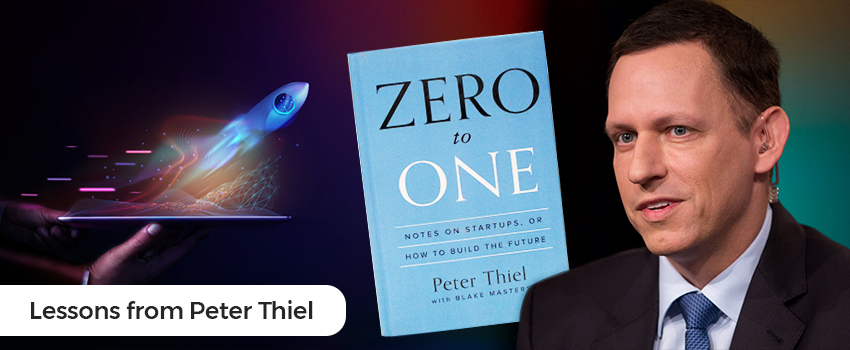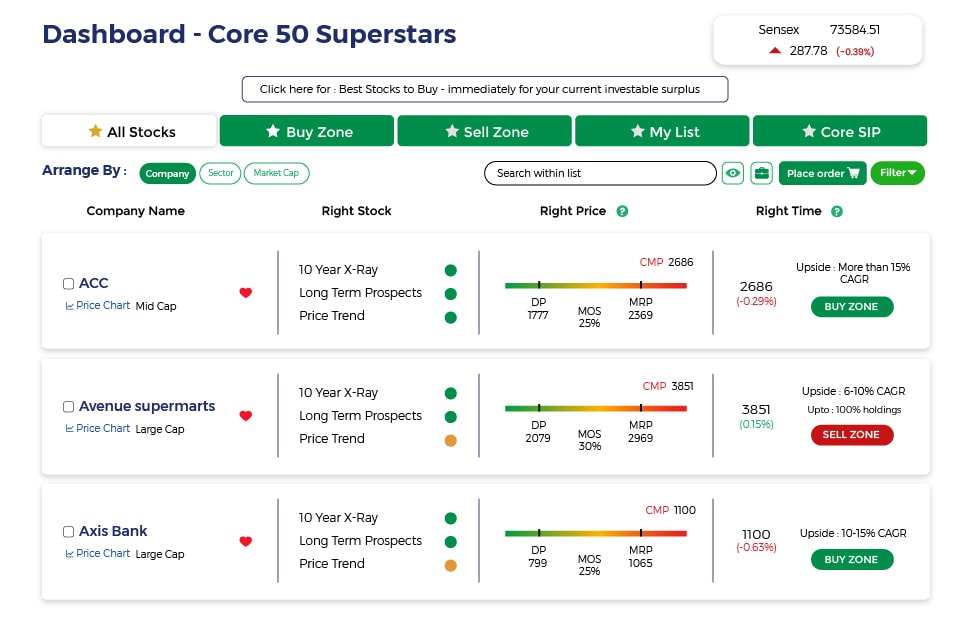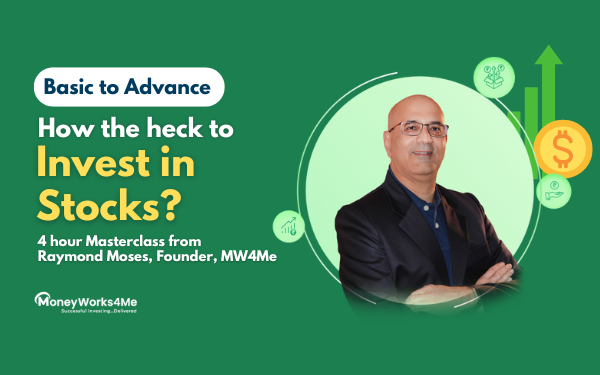The team at Moneyworks4me believes in continuous learning, and we learn from various sources. But why would I spend my weekend reading "Zero to One" by Peter Thiel, a book celebrated in the startup world? This book discusses what a startup must do: question received ideas and rethink business from scratch.
For those unacquainted, Peter Thiel is one of the Paypal Mafia. The "PayPal Mafia" refers to a group of former PayPal employees and founders who have since founded and developed additional technology companies in Silicon Valley, such as Tesla, Inc., LinkedIn, Palantir Technologies, SpaceX, Affirm, Slide, Kiva, YouTube, Yelp, and Yammer. He currently serves as the managing partner of The Founders Fund and sits on the board of Facebook.
This book resonates with investors as it gives us a lens through which we can analyze early stage companies (few small caps) as well as find out what creates values in bigger enterprises. There are very few businesses which make it big, and learning from Thiel who has created billion dollar companies, one can know how founders think. So what does he teach us?
He talks about monopoly businesses, some characteristics of such businesses are:
- Proprietary Technology: Involves an application, tool, or system exclusive to the enterprise. Such technology must be at least ten times better than its closest substitute in some crucial dimension to create a real advantage.
- Network Effects: Makes a product more valuable as more people use it.
- Economies of Scale: A monopoly business strengthens as it grows; the fixed costs of creating a product (engineering, management, office space) can be spread over increasing quantities of sales.
- Power of Brands: A company inherently holds a monopoly over its own brand; thus, building a strong brand is a powerful way to secure a monopoly.
Investors would like to invest in companies that are monopolies, scalable, available at reasonable valuations, and create value for shareholders. But what stops every business from turning into a monopoly? Mostly, these businesses fail to answer one or more of the questions below:
- The Engineering Question: Can the company you invest in, create breakthrough technology instead of incremental improvements?
- The Timing Question: Is now the right time to invest in this particular business?
- The Monopoly Question: Is the company starting with a big share of a small market?
- The Distribution Question: Does the company have a way to not just create but also deliver the product?
- The People Question: Does the company have the right leadership team and the right board?
- The Durability Question: Will the company have a market position that is defensible 10 and 20 years into the future?
- The Secret Question: Has the company identified a unique opportunity that others don’t see?
- Industry Dynamics Question: Does the company operate in a favorable industry?
While we know monopoly businesses capture the most market value when operating in a favorable industry. Finding them in current market situations is a challenge. Regulations, free market economy, competition from global peers all pose as hindrance. But finding companies with dominant market share in a segment or niche is possible. Take example of ITC in cigarette market, Asian paints in decorative paints, Indigo in aviation or IRCTC, Concor and CAMS in their respective markets.
But will just buying such businesses be enough?
No, a small number of items in a given distribution will have an outsized impact on an overall dataset which is the power law. For investors, this means that a select few investments can significantly boost overall portfolio returns (consider our investment in Bector Foods, which has become 4x and boosted our portfolio returns). Hence, we must be very careful and follow a process-driven approach to investments.
Investing is an art as well as science and learning from a Paypal mafia member does leave us more informed. We are keen on honing our investment process and this book provides insights for both entrepreneurs and investors. The key takeaway would be to look for a monopoly or company with dominant market share in a segment/niche operating in a favorable industry and which can successfully answer the above-mentioned questions.







 Download APP
Download APP























Comment Your Thoughts: